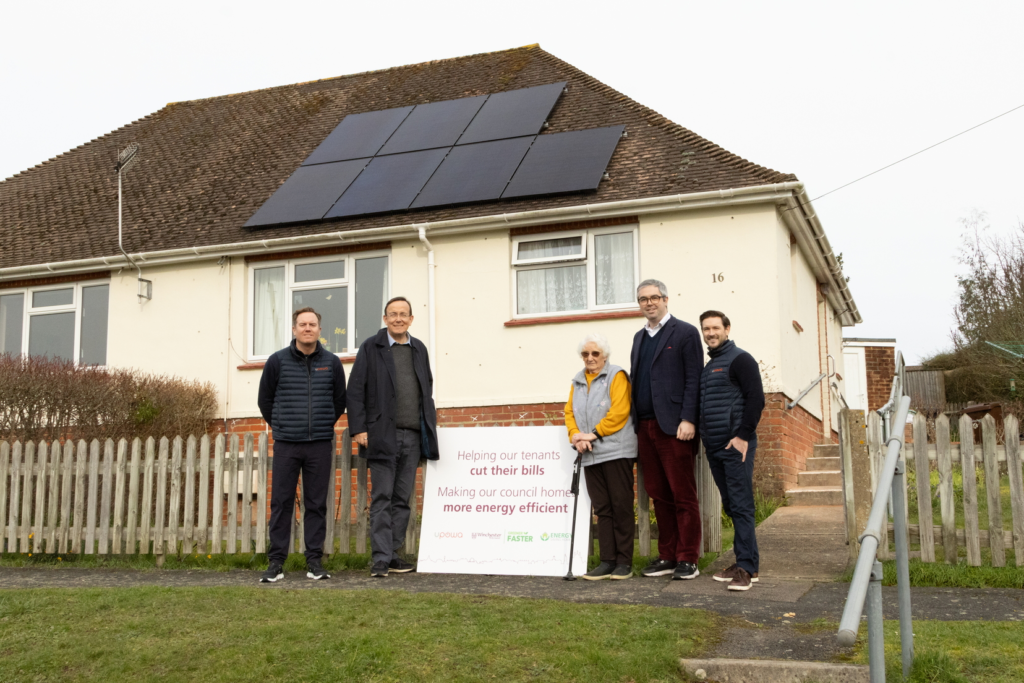As civil disobedience spread across the country this week, Prime Minister Keir Starmer’s rhetoric was divisive.
Following a knife attack on a Taylor Swift-themed dance class in Southport, which claimed the lives of three young girls, several communities in England have been rocked by riots, with far right antagonists blamed.
Hartlepool, Manchester, and London all saw clashes between members of the public and authorities erupt on the streets. In Southport, five people had been arrested by yesterday afternoon in response to 53 police officers being injured, alongside three police dogs.
Responding to the incident, Prime Minister Keir Starmer promised a new ‘national capability’ to tackle violent disorder, pulling together intelligence from across the country’s police forces. Special powers – section 60 and 34 orders – are now in place, giving officers more power to stop and search, and direct people engaged in anti-social behaviour.
The Labour leader also suggested that a crackdown on groups he described as ‘thugs’ would involve more use of controversial facial recognition technologies, already regularly deployed in Wales and London. The comments rang alarm bells among civil liberties groups, who have long argued this type of equipment is unreliable and inherently biased, leading to racial profiling.
Starmer also took the opportunity to warn social media companies about the need to control and cut disinformation circulating on platforms such as X and Facebook. Southport’s riots in particular were organised through digital channels, and fuelled by incorrect reports the knife killer was Muslim. This led to the deliberate targeting of mosques and other sites with links to Islamic communities. It has since been revealed that Aexel Rudakubana, a Cardiff-born 17-year-old whose parents are from Rwanda, was responsible for the knife attacks.
It has subsequently emerged that a series of ‘anonymous’ TikTok accounts could be trying to seed unrest and violence in locations across the UK, including Southport, where users were encouraged to wear masks and meet a specific location. A Sky News report has revealed a number of other profiles engaged in similar activities, all of which were opened recently, suggesting a possible orchestrated strategy,
‘Let me also say to large social media companies, and those who run them, violent disorder clearly whipped up online: that is also a crime. It’s happening on your premises, and the law must be upheld everywhere,” said Starmer, adding there was a ‘balance to be struck’ when handling digital platforms. ‘It’s an amazing opportunity that we all enjoy. There is also a responsibility that goes with it. That’s a space for a mature conversation to take place.”
Events over the past few days have unfolded just two weeks after riots broke out in Hare Hills, Leeds, which also saw false claims spread on social media regarding the unrest. While local Muslim communities were blamed, verified reports reveal that an attempt by Children’s Social Care to remove a child from a Roma family living in the area sparked the disturbance. Several profiles were also found to suggest that local Green Party MP Mothin Ali was involved in the violence. Fact checkers have since clarified he was on the streets calling for calm.
While it’s not clear what, if anything, would be done in the event of further civil disobedience being linked to social media, the threat of platforms stoking flames that can quickly turn dangerous and even deadly is very real. One extreme example is 2017’s ‘clearance operations’ conducted by Myanmar’s military, targeting Rohingya civilians which saw villages razed, thousands of people killed and the use of sexual violence as a weapon.
Facebook was shown to have provided the platform through which these actions were encouraged, allowing a specific demographic to be targeted. It then continued to allow posts to go live which dehumanised the targets by labelling them ‘terrorists’ and ‘inherently violent’ even after the horrific impact of such messages had become clear. According to several legal assessments, this places Meta, the network’s parent company, at risk of international criminal liability for being complicit in genocide.


















Leave a Reply